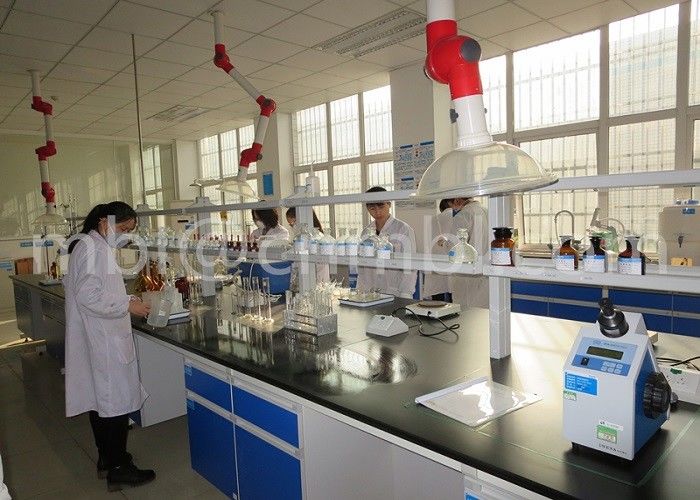

The visitor should then wash their hands. Wrap the baby in a blanket and then remove the blanket afterward. If a visitor is to hold the baby, they should wash their hands first. This includes older adults and people with certain health conditions. If you are not fully vaccinated, it’s also best to limit contact with people who are at higher risk for problems from COVID-19. Healthy unvaccinated visitors from outside your household should also wear face masks covering both their nose and mouth and keep at least 6 feet from you and the baby. All visitors should wash their hands when they visit. Only the closest, healthy family members who live with you or those who are healthy and fully vaccinated should be in direct contact with the baby. To be extra safe, it’s best to limit visitors, especially people who are not fully vaccinated.

Is it safe to have visitors see the baby, or help with baby care?
#Automatic laundry umass how to#
Follow all healthcare staff instructions, including their instructions on how to prepare your home for when you and baby go home. This is important to reduce risk of infection to everyone in the hospital. Ask the hospital what to expect if you are pregnant and have COVID-19.īefore and after birth, you may be asked to limit the number of visitors at the hospital. Your baby may need to be in a separate room after birth. You may be in a special room that helps prevent infections from spreading. You will need to wear a medical mask covering your nose and mouth. Your hospital or birthing center will take steps to protect people around you from infection. If you have COVID-19 and are in labor, call your healthcare provider and delivery unit before you arrive. Keep in mind that your birth plan may need to change. Ask where and how pregnant people and their partners and babies are protected. Talk with your healthcare provider about the hospital or birth center you are planning to use. Medical facilities are taking a lot of safety steps to protect people from COVID-19. Is it safe to give birth at a hospital or birth center? Talk with your healthcare provider about which vaccine and booster is best for you and your family. Booster shots are available for people ages 6 months and older. These are Novavax and J&J Janssen COVID-19 vaccines.įor current information about the vaccines, visit the CDC website or the ACOG website. Other vaccines are available for people who can't or won't get an mRNA vaccine. Updated (bivalent) mRNA vaccines from Moderna and Pfizer are recommended.

COVID-19 vaccines are given as a shot (injection) into the muscle. Current data show the vaccines are safe and work well to prevent COVID-19 or reduce the risk of getting seriously ill if you do get the virus.ĬOVID-19 vaccination is advised for all people 6 months and older, including people who are pregnant, breastfeeding, trying to get pregnant now, or might become pregnant in the future. The FDA has approved several vaccines to prevent COVID-19, including for those who are pregnant or breastfeeding.Įxpert groups including ACOG and CDC recommend vaccines. See the CDC website for more information.Ĭleaning and disinfecting frequently touched surfaces every day Viruses spread more easily indoors than outdoors. Moving indoor group activities outside if possible.
#Automatic laundry umass windows#
This may include opening windows to improve air flow, changing filters more often on your heating or air conditioning units, and turning on fans. Staying away from crowds and keeping distance from others in public as advised Using hand sanitizer with at least 60% alcohol when soap and water aren’t available Wearing a high-quality, well-fitted face mask as advised by your local community and health experts. Take extra care not to get sick during this time. But pregnancy can cause changes to your immune system that can cause any viral illness to be more severe. Researchers don’t know if pregnant people are more likely to get COVID-19. What are my risks of COVID-19 while pregnant?


 0 kommentar(er)
0 kommentar(er)
